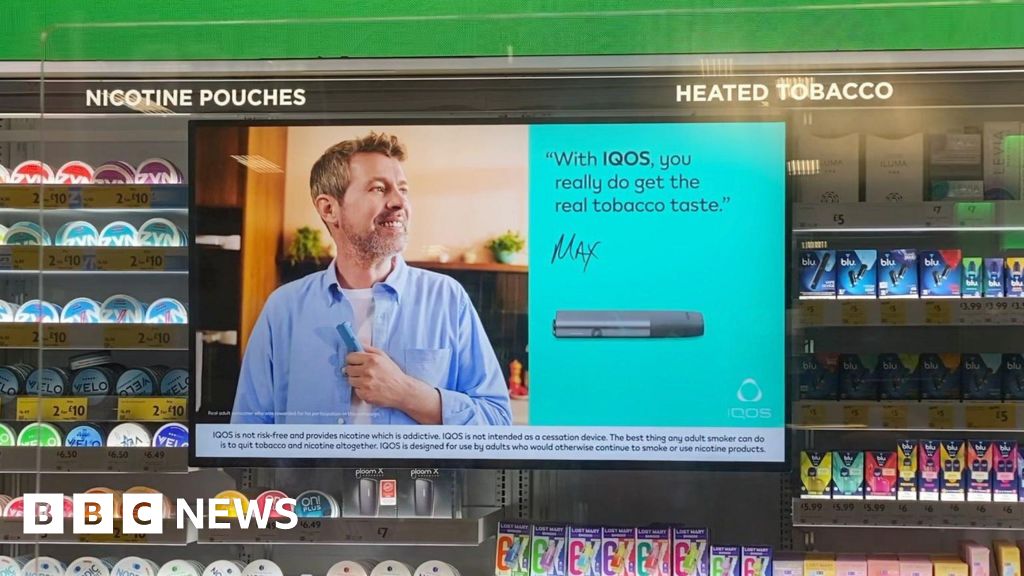ARTICLE AD BOX
 Image source, Getty Images
Image source, Getty Images
Petrol prices have risen again prompting concerns from motoring groups that cheaper prices at the pumps could be coming to an end.
The average cost of per litre of petrol is now £1.45, up by 1p since the start of July and nearly 2p since June.
The rise in petrol has largely been due higher wholesale costs for retailers, with the price of oil, used to make fuel, increasing in recent weeks.
But fuel prices on average remain much lower than last year's record levels.
In July 2022, petrol prices hit £1.91 per litre in on average, while diesel rose to £1.99 in the aftermath of Russia's invasion of Ukraine, which saw oil prices spike.
The RAC said while petrol prices had started to rise again in recent weeks, diesel had stayed the same at £1.46 per litre, ending a run of eight-months of falling prices.
Current prices mean filling a tank for a 55-litre family car costs around £80 for either fuel.
Luke Bosdet, the AA's spokesman on pump prices, said the jump fuel costs would impact holidaymakers using their vehicles this summer, but added "staycation road travel costs are way down" on last year.
"Where higher road fuel costs probably hurt most is potential spending at UK tourist destinations once again being siphoned off at forecourts on holiday routes," he added.
'No time wasted in passing on costs'
The RAC said with the cost of oil rising, retailers were "wasting no time" in passing on the higher wholesale costs to drivers.
But the motoring group's fuel spokesman Simon Williams said that the recent increase in pump prices were generally at independent forecourts on average, rather than at supermarkets, due to the independent retailers buying wholesale fuel more often, and therefore being exposed to the higher wholesale prices sooner.
He said the UK was "not in the kind of upward price spiral we experienced last year", but added "it feels like the better times at the pump are over for the time being".
"The big question now is how quickly and how far pump prices rise," Mr Williams said. "Encouragingly, there has so far been very little upward movement from the big four supermarkets but only time will tell".
He said there was a decision for supermarkets over whether they would trade with smaller margins on fuel "that were closer to their longer-term averages", or whether they would look to make more money.
An investigation by the competition watchdog found supermarkets, known usually to have cheaper fuel prices, had sought to increase profits from selling fuel, increasing their margins by 6p per litre on average between 2019 and 2022.
The Competition and Markets Authority has plans to force all fuel retailers to publish live prices under a scheme aimed created more competition to between them and to reduce instances of overcharging.
On Wednesday, Asda announced it would publish its fuel prices on its website to allow people to check prices at each filling station. The supermarket said its latest fuel price information will be available everyday at 10:30.
Brent crude - the benchmark for oil prices - is around $85 a barrel, the highest level in over three months, which has been a driver in fuel prices rising.
Demand for oil has been outpacing supply, pushing prices up, and Saudi Arabia a major producer, voluntarily cut its production in July, and is expected to extend it.
Mr Williams said if oil producers continue to curb production then "bigger forecourt price rises could be on the cards".

 1 year ago
79
1 year ago
79








 English (US) ·
English (US) ·